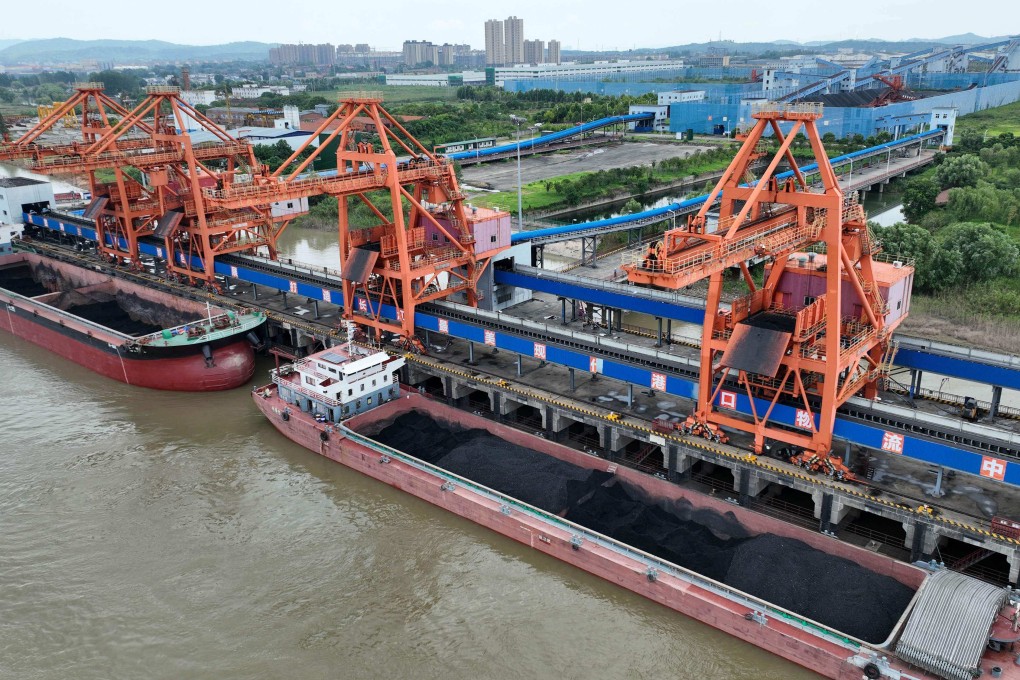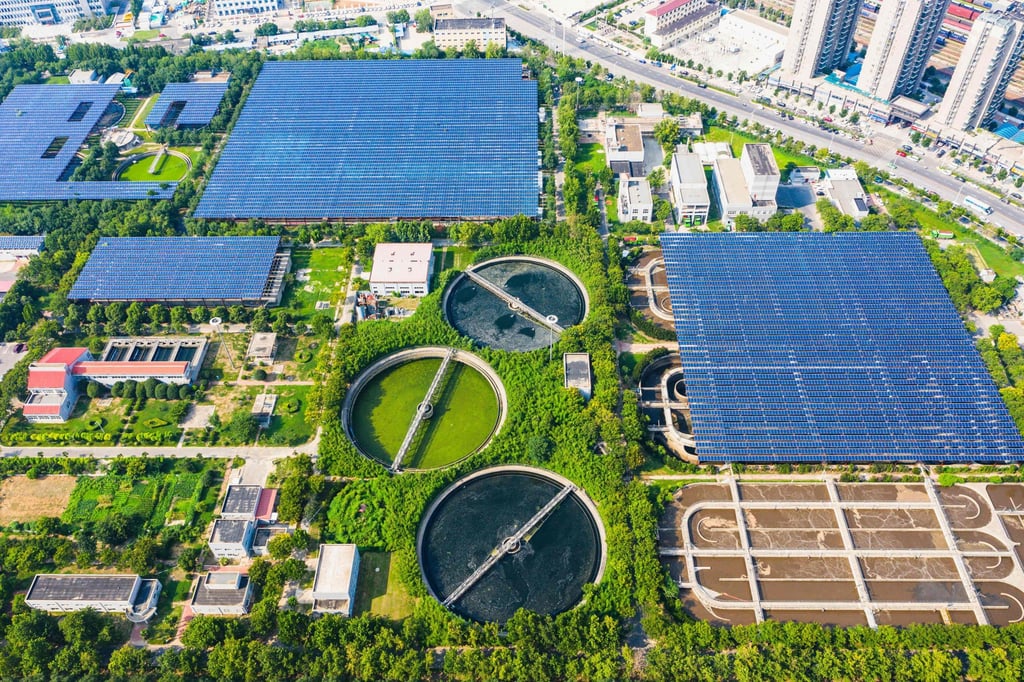Advertisement
China’s suspension of climate talks with the US puts decarbonisation timeline, methane reduction targets and research at risk
- Talks on reducing methane emissions, slated for next month, will be the first casualty of the suspension
- The halt may also put cooperation on technology development at risk, although both countries continue to make progress on their own, analysts say
Reading Time:4 minutes
Why you can trust SCMP
6

China’s suspension of climate talks with the United States has raised concerns of a delay in global decarbonisation, with cooperation on methane emission reductions and the development of technology at risk even as both countries continue making progress on their own, according to climate experts.
China’s Ministry of Foreign Affairs last Friday issued a list of eight sanctions in response to US House Representative Speaker Nancy Pelosi’s visit to Taiwan, which included a suspension of dialogue on climate-change issues.
The suspension comes ahead of the United Nations’ COP 27 Climate Change Conference in Sharm el-Sheikh, Egypt, in November, which is considered a key opportunity for global collective action against the climate crisis.
Advertisement
“It does not seem that the tensions will ease in the next few months, and the suspension will likely go on for some time, which is definitely not a good sign for COP27,” said Qin Yan, lead carbon analyst at data provider Refinitiv.

However, it remains unclear whether the suspension will apply only to higher-level talks between government representatives or affect all communication between the two countries on climate issues, she said.
Advertisement
Advertisement
Select Voice
Select Speed
1.00x